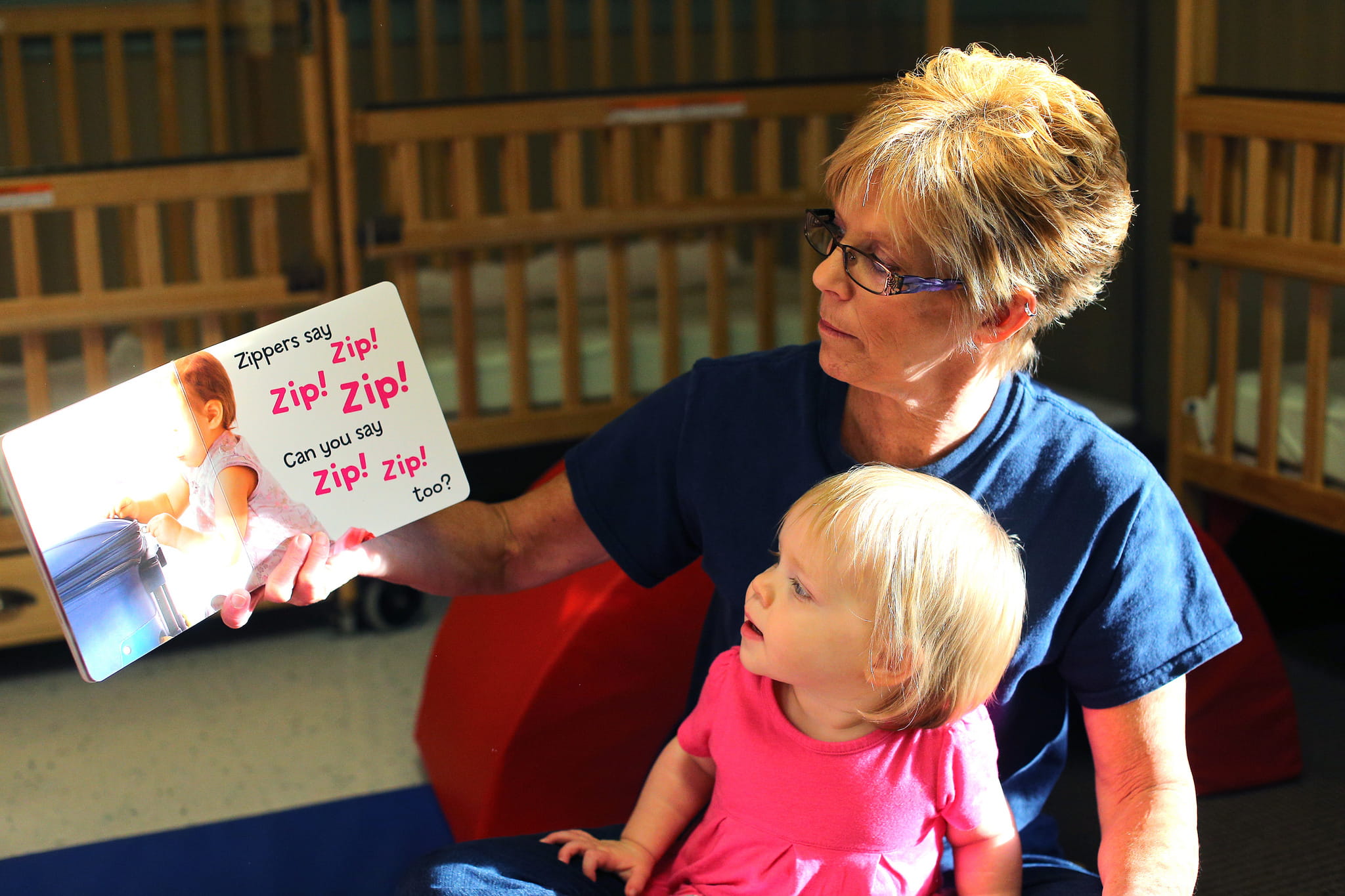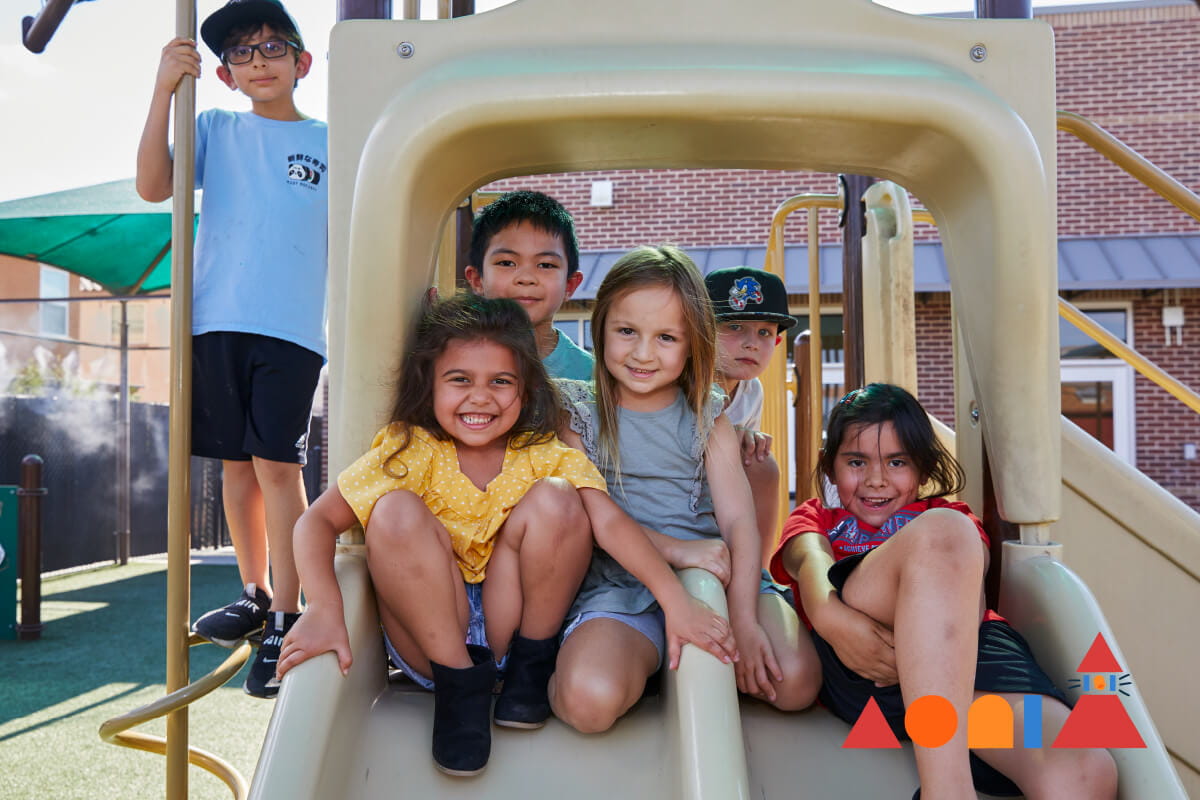You Got This! Advice for New Parents From a Veteran Infant Teacher
 Janet Simons has spent 25 years—her entire career, really—caring for infants at Shoreview KinderCare in Minnesota. How many babies has Simons nurtured over the decades? “I wish I would’ve kept track,” Simons says. “It’s an awesome number.” In other words, Simons has more experience caring for young babies than most of us will ever have.
Janet Simons has spent 25 years—her entire career, really—caring for infants at Shoreview KinderCare in Minnesota. How many babies has Simons nurtured over the decades? “I wish I would’ve kept track,” Simons says. “It’s an awesome number.” In other words, Simons has more experience caring for young babies than most of us will ever have.
For her passion and skill in nurturing our tiniest learners, this year Simons won an Early Childhood Educator Award.
Here’s what she’s learned in 25 years of educating infants—and supporting their parents—through that first, big, new, sleepless, wonderful year of a baby’s life.
Everyone Belongs In Our Circle
At KinderCare, we’re committed to building warm, welcoming and supportive classrooms for children of all abilities, backgrounds and experiences.
Find a center near youTrust that things will work out.
Infants don’t dwell on small problems: That’s an approach we all could use in those first years of parenting.Don’t worry if his nap was only 22 minutes long today or if he just spit up all over his new onesie. “Move on and trust that things will work out; that’s what infants do,” says Simons.
Don’t feel guilty.
Not for going to work, not for putting your baby on a play mat so that you can get dinner on the table, not for dressing your precious bundle in mismatched socks because they were the only clean ones that you could find. Ditch the self judgment and focus on time with your baby. “Just enjoy the special time you have together,” says Simons.
Take your eyes off the monthly milestones (and the internet).
Many new parents worry if their baby isn’t rolling over, crawling, or walking in perfect time with developmental milestones. “Don’t worry,” says Simons. “And stop looking things up online. Infants each develop in their own time frame, and she’ll roll over, or crawl, or walk when she’s ready.”
Talk to her—even if she’s not talking yet.
“I have a three-month-old in class who doesn’t make a lot of sounds, but his arms go back and forth, and he smiles big, and I respond,” says Simons. She might mirror the baby’s movement, waggling her own arms enthusiastically, or describe his gesture out loud: You look like you’re so excited! You may feel silly, but you’re building big connections.
Encourage her to explore, and keep her world interesting.
Give your baby plenty of time on the floor to discover how she can move: Lifting her head, pulling up, and rolling over are all endlessly fascinating activities for a baby. Once a month, Simons changes the classroom decorations that hang near the changing table. “Babies notice what change more than the parents do,” says Simons.
A Lifetime Of Confidence Starts Here
Our teachers help every child build the confidence they need to try new things and explore the world around them.
Search for a center near youWatch her reactions to touch.
Babies explore the world with their senses. Simons gives her little charges all sorts of opportunities to explore things that are wet, messy, or gooey, like mashed potatoes, pumpkin guts, or melting popsicles. “As adults, we think, I don’t think he’s going to want to touch that,” she says. While some babies don’t like those experiences, many do. Give your little one a chance to find out for herself!




